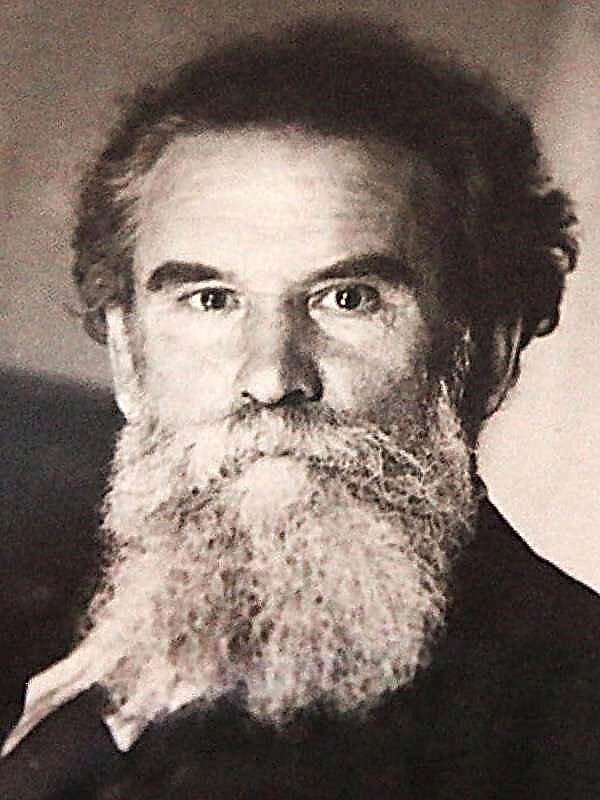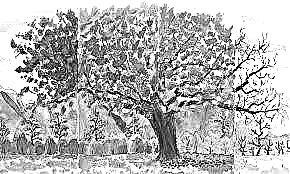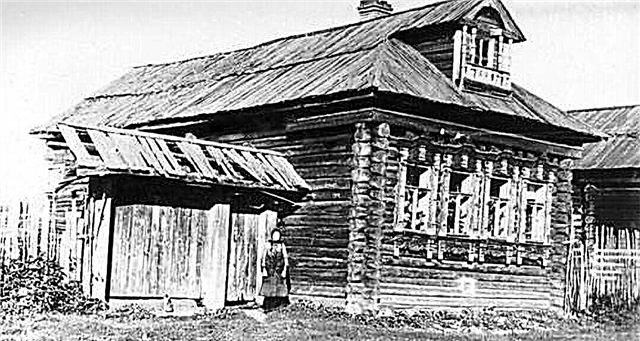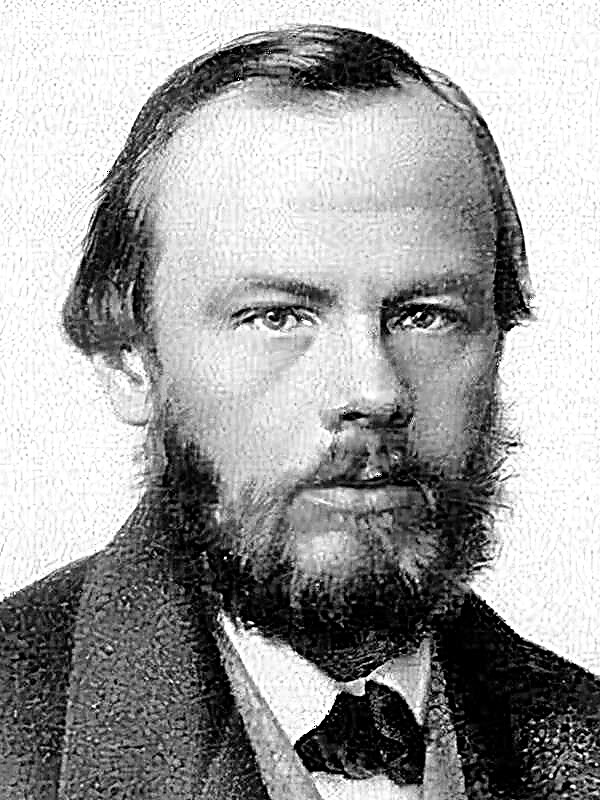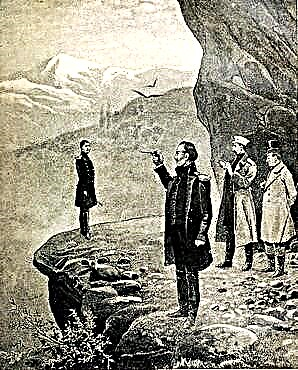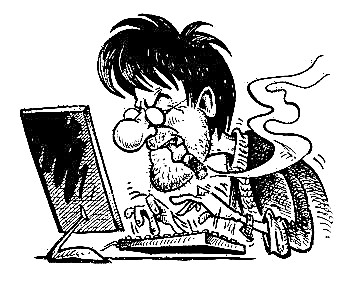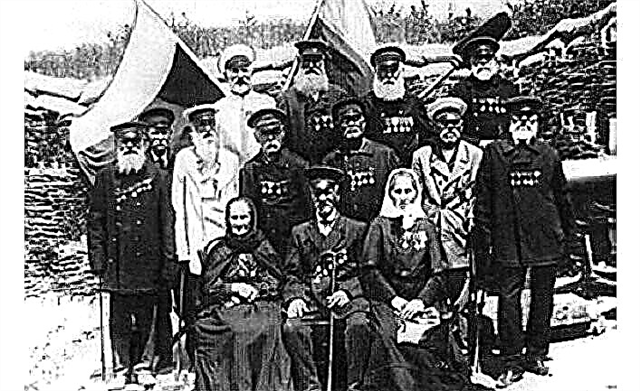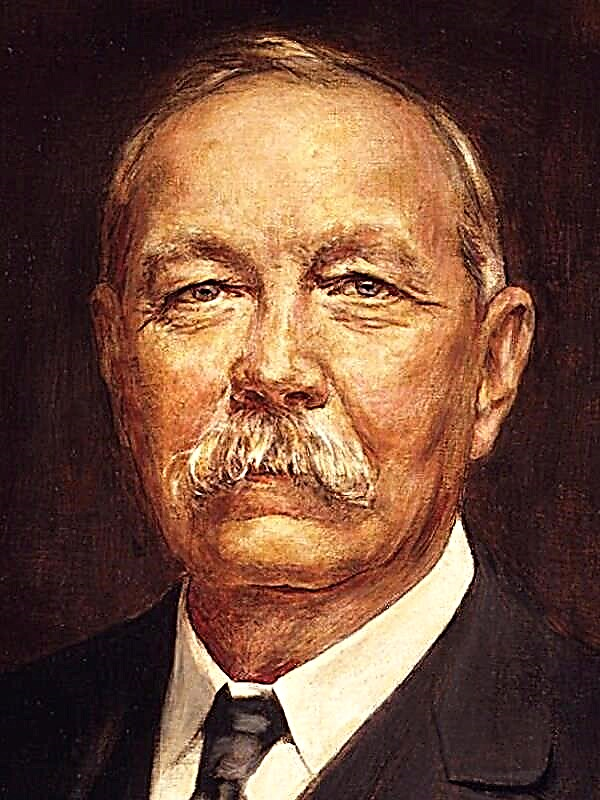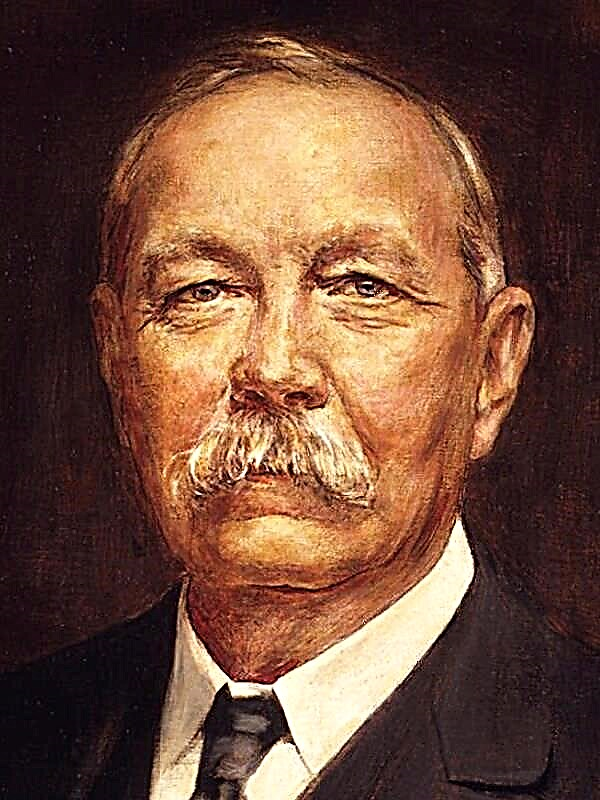(283 words) For a poet, a muse is something abstract, but at the same time it is generated by specific images, phenomena and motives that excite the souls of creators, it is something personal, something that inspires. From childhood, Nekrasov tasted the burden of realizing the injustice of the slave regime in Russia, the severe oppression of the simple peasant people. He felt the cruelty and authority of his father, he realized what a heavy and excessive burden fell on the shoulders of a Russian woman, the personification of which was his mother. This is what the image of the Nekrasov muse focused on.
Let's turn to Nekrasov’s poem “The Muse” to understand how the poet himself imagined it. In the first part of this work, a polished, ideal and sublime image of the “affectionately singing and beautiful” muse is broken. And then we are faced with a figure completely unattractive, but accurately reflecting the reality of serf and tyrannical Russia, she is the patroness of all the poor and oppressed. And if this poetic image of other poets was presented in the form of a young and spiritualized girl, then here it is a “woman stooped by labor, killed by a rug”. With fierce fury, she calls for action: to protest against the slave system, to defend the common people. The muse that rejected love and joy, that did not cover the eyes of the creator with a veil of lies, whose essence is justice and the fight against violence, was the poet's inspiration and gave strength. Her image passes through the motive through the lyrics of Nekrasov. In poems about Russia and the Motherland, about mother and women, about people, in civil and many other thematic poems, this long-suffering figure is traced, which sounds with many voices, those who could not stand up for themselves, who bent under the onslaught of oppression and outrage.
The suffering muse is this whole country and its people, she goes with the poet nearby so that he can herald the horrors and torments of the Russian man, perpetuate his burden and sacrifice, made in the name of the whim of history and era, which so unfairly treated people's lives.

